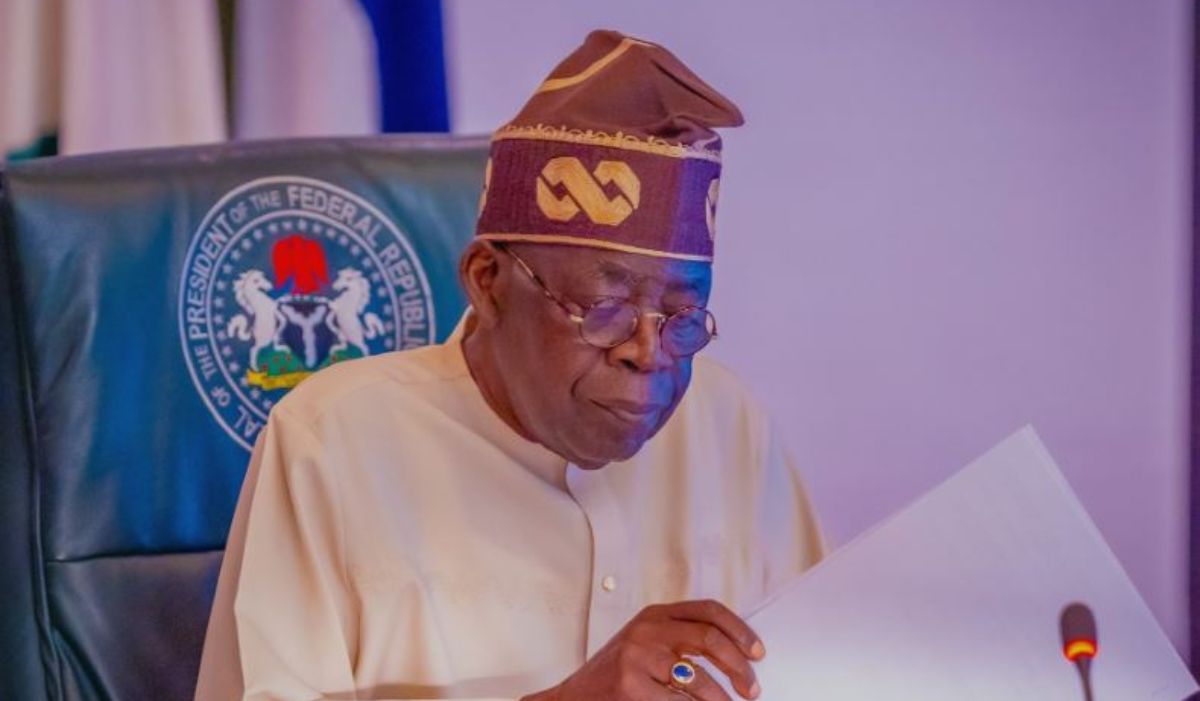Tinubu Vows to Clear Hurdles Blocking Nigeria’s Agricultural Breakthrough

President Bola Tinubu has reaffirmed his commitment to eliminating obstacles hampering Nigeria’s agricultural growth—particularly in the livestock sector—to achieve food security and enhance export capabilities.
In a bilateral meeting ahead of the BRICS Summit in Rio de Janeiro, Tinubu and Brazilian President Luiz Inácio Lula da Silva agreed to deepen cooperation in agriculture, oil and gas, mining, technology, and trade.
In a Facebook post on July 5, Tinubu emphasised that both nations share historical bonds and aligned development goals.
He wrote: “Today, we agreed to further deepen collaboration in agriculture, technology, oil & gas, energy, trade, mining & extractive industries, and industrial development. These sectors are critical to inclusive growth and prosperity for both our peoples.”
He also assured that systemic hurdles limiting Nigeria’s agricultural potential would be removed to foster food security and economic diversification.
According to a statement by his media aide, Bayo Onanuga, Tinubu identified bureaucratic delays as a major hindrance and noted that structural reforms are underway to position Nigeria more competitively, especially in agriculture.
President Lula da Silva, in turn, promised to expedite existing agreements and ensure that Memoranda of Understanding are finalised during Tinubu’s next visit. He also announced plans for Brazil’s research institutions to collaborate with Nigeria to improve livestock farming.
This bilateral progress follows the recent launch of the $1.1 billion Green Imperative Project (GIP)—the largest agricultural program in Africa—aimed at modernising Nigerian farming practices and encouraging private investment.





